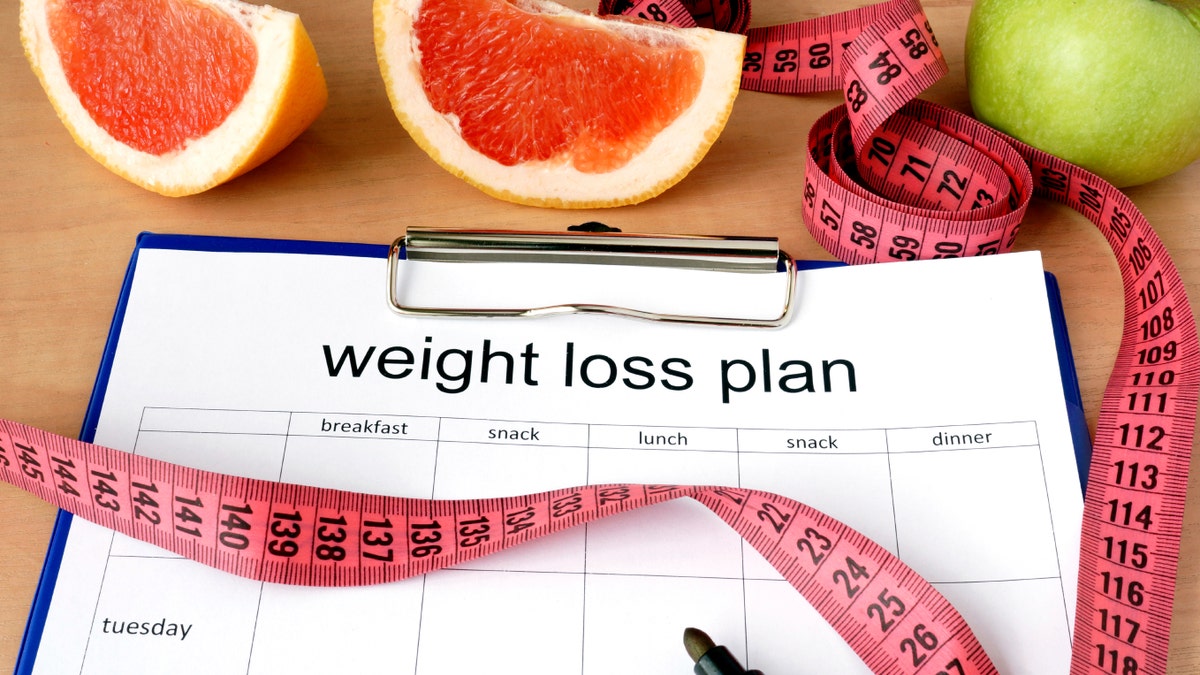
(iStock)
With so much conflicting evidence and information out there, it’s no wonder some commonly accepted “healthy” habits and diet strategies have made their way into our lives, despite their pitfalls. Rethink these five popular “healthy” habits and make a change for the better.
Fat-Free
Cutting out fat seems like an easy way to cut calories and lose weight, but there’s a downside. When you cut out fats, you cut out the good fats too, and those are important for brain and heart health and for fat-soluble vitamin absorption (think vitamins A, D, E, and K). Not convinced yet? Products advertised as fat-free often have additional carbs and sugars. One serving of reduced fat peanut butter has 4g of sugar and 15g of carbs, as compared to the regular 1g of sugar and 6g of carbs. If you’re trying to cut calories, opt for powdered peanut butter: naturally low in fat, without added carbs and sugars.
Counting calories
Tracking what you eat is an effective way to increase awareness and accountability but obsessing over calories is not. Calories simply reflect how much energy you are putting into your body, and as long as that amount is matched by the amount of energy needed for your body to function, you’re in the clear. What’s more important is the quality of the calories. Rather than reach for the 100-calorie snack pack, which provides few nutrients in terms of protein, fiber, or vitamins and minerals, always choose nutrient dense real foods like fruits, vegetables, nuts, and legumes.
Exercise. Exercise. Exercise
“So if I exercise more than once a day, I can eat whatever I want right?” Wrong. Research has proven that dietary intake is more important when it comes to healthy living and weight loss. If exercise isn’t coupled with a healthy diet, it can be worthless. Also, many people believe they burn off more calories when they exercise than they actually do and then they overeat to compensate. Eat smart and exercise regularly, but don’t eat back your calories.
Juicing
Juice bars have popped up everywhere, but this seeming “quick-fix” is counterproductive. Juices pack a lot of food into a small container and therefore, are usually high in calories, carbs, and sugars and low in protein. Plus, when you juice fruits and vegetables, you lose valuable dietary fiber that could have actually helped you feeling full for longer. Instead, keep prepared fruits and vegetables on hand so you can still enjoy the convenience of a quick, nutrient dense grab-and-go.
No indulging. Ever.
Over-restriction is never a good thing. It can lead to binging and a general negative, unhealthy approach to food. Snacks, desserts, and a glass of wine can all be enjoyed in a healthy lifestyle. Here at F-Factor, we encourage one snack a day to keep blood sugar levels normal, avoiding low-sugar spikes, which can leave you hangry. Take comfort in the fact that you can have the occasional chocolate, so you don’t feel the need to down a whole bar at once. Same for alcohol. Just remember your portions and that every day isn’t a special occasion.